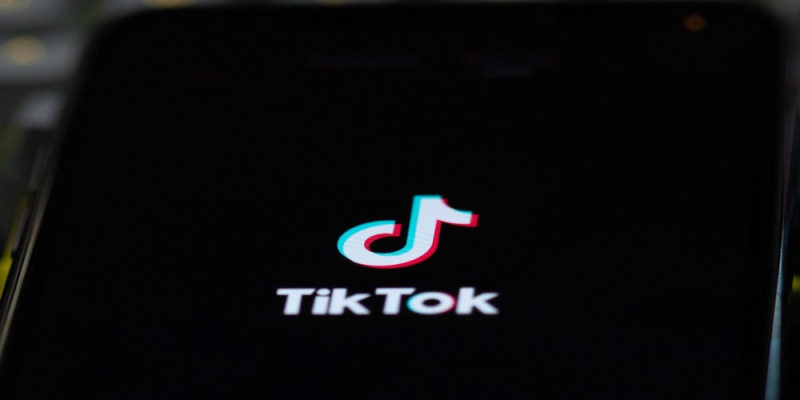
In the wake of escalating concerns over the privacy and security implications associated with TikTok, the US House of Representatives has taken a significant step by voting in favor of machinations that could potentially lead to the app's ban on American soil. The immense popularity of the platform, evidenced by its hundreds of millions of users, underscores the gravity of governmental worries about the potential misuse of data by foreign entities. The intricacies of this proposed legislative action cast a spotlight on the perennial clash between national security interests and the freedoms of the digital marketplace.
The bedrock of the US legislators' unease lies within the potential reach of the Chinese government into the personal data of American citizens through ByteDance, TikTok's parent company based in China. To mitigate these apprehensions, the House has drawn a line in the sand, signaling to ByteDance the serious repercussions of failing to comply with the proposed divestiture. With an overwhelmingly supportive vote, the bill now intends to make its way through the Senate, bolstered by President Biden's endorsement should it land on his desk.
Notwithstanding the legislative momentum, there is a contingent of opposition that presents weighty arguments. Entrepreneurs and content creators who have found a lucrative niche on TikTok express concerns over the impact a ban could have on their ventures. They are joined by voices suggesting that instead of an outright ban, TikTok could mitigate risks by making users explicitly aware of the privacy risks involved in using the service.
Amidst the debate and looming legal action, TikTok continues to be a hotbed for innovation and expansion within the social media landscape. Persistent rumors hint at the platform potentially diversifying into new realms akin to photo-sharing, which could mark a significant evolution for TikTok. This initiative, however, remains shrouded in speculation, with the added uncertainty of how the company's legal entanglements might influence these forward-looking projects.
The trajectory of TikTok in the United States is at a pivotal juncture. The House's stance reflects a broader consciousness of the need to safeguard the national security framework against the backdrop of an increasingly interconnected world. How ByteDance responds to this legislative challenge will have far-reaching consequences for the platform's American user base and the operational landscape for international tech companies. The story of TikTok is unfolding at the nexus of innovation, commerce, and governance, setting a precedent for future discourse on the delicate balance between global digital exchange and national security imperatives.






Leave a comment
Your comment is awaiting moderation. We save your draft here
0 Comments